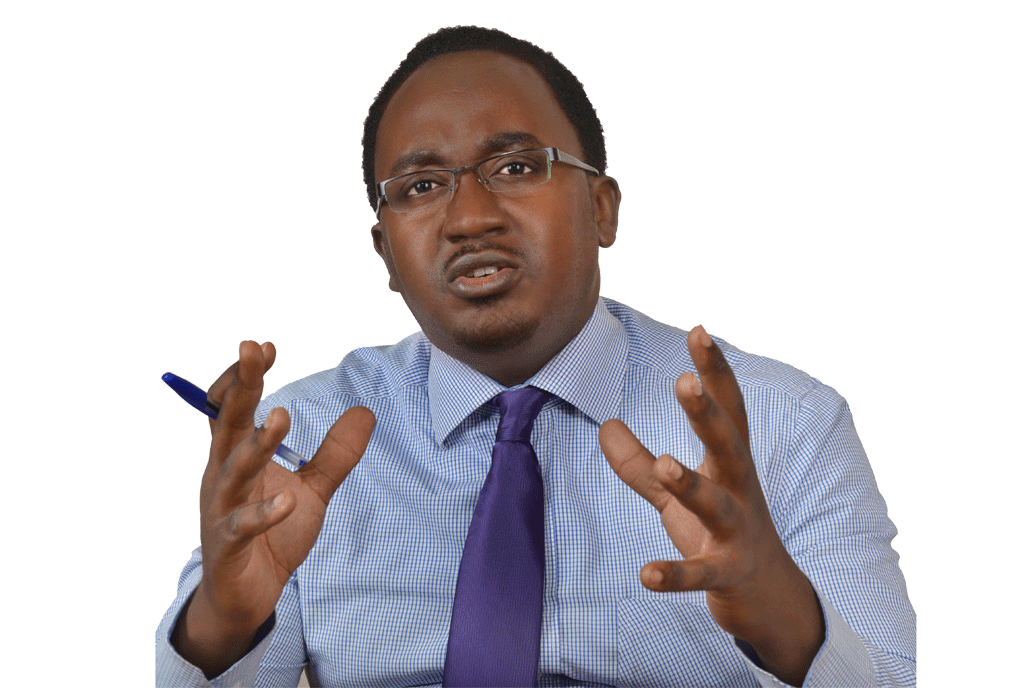Prime
We need more human rights defenders

Author: Crispin Kaheru. PHOTO/FILE
What you need to know:
This partly explains why there is a high turnover in the human rights movement – world over. Many leave, many get silenced, and others die (mainly) due to the hazardous nature of activism.
Last week I officiated at the ceremony to mark the official opening of the DefendDefenders new office premises at Lotis Towers on Plot 16 Mackinnon Road, Nakasero, Kampala. For context purposes, DefendDefenders is a human rights organisation headquartered in Uganda with a footprint in Africa. It focuses on the protection of human rights activists and civil society organisations in the region. Founded in 2005, DefendDefenders recently moved to take over office space formerly occupied by donor basket fund, Democratic Governance Facility (DGF). The DGF had been instrumental in funding crucial initiatives focused on human rights, democracy and anti-corruption efforts in Uganda before it wound up in May this year.
Speaking to an audience of diplomats, development partners and human rights activists, I emphasised the need to nurture and grow more human rights defenders. The world we are in today is unique; it is troubled with several ongoing and emerging human rights challenges. It is tough times, and we must build tough people to do the tough job. Anecdotal evidence shows that issues such as terrorism are not relenting – globally. In some places, political repression is a significant concern.
Systemic injustices and inequalities related to race, gender, and economic disparities are peaking. Environmental degradation and climate change continue to pose serious threats to communities and ecosystems. Conflicts, natural disasters, economic hardships are driving global refugee crises and issues related to unsafe migration. The advent of the digital age has brought new challenges. There is increasing online disinformation, censorship, surveillance, and threats to digital privacy. Access to digital technologies and the internet is not equitable globally. Cyberattacks, including hacking and ransomware attacks are on the rise – occasionally disrupting critical infrastructure, and threatening national security.
In a world fraught with conflict and atrocities, perpetrators of human rights abuses and war crimes must be held responsible. Journalists and media outlets occasionally get targeted for their work in investigating and reporting on issues such as corruption, human rights violations and societal injustices. Vulnerable groups, such as children, women, and people with disabilities, often face discrimination and violence. Recent global health crises like the Covid-19 pandemic have raised concerns about public health measures and their impact on human rights.
In the face of all these challenges, we should invest in a critical mass of human rights defenders to serve as advocates, watchdogs, and voices for those who may not have the means or opportunity to speak out. We need more hands on deck to expose abuses and call for accountability; more people to advocate for social justice and equality; and more defenders to dismantle discriminatory and backward systems.
We need more activists to fight for a sustainable environment and advocate for sustainable policies. With the current record proliferation of technology, we need more people to protect digital rights and freedom of expression, especially in the digital realm.
Given the growing tensions and conflicts, we need defenders that advocate for peace, justice and accountability. We need more defenders to protect the rights and dignity of refugees and migrants. We need more activists to advocate for, protect public health and safety, and generally hold state and non-state institutions accountable for their actions.
The work of human rights defenders comes with significant risks, including threats, harassment, and violence. This partly explains why there is a high turnover in the human rights movement – world over. Many leave, many get silenced, and others die (mainly) due to the hazardous nature of activism. Owing to the risks they face, it is crucial for societies to take extra measures to nurture, support and protect human rights defenders. Defenders too need defence.
Home-grown credible institutions like DefendDefenders that play a prominent role in creating an environment where human rights defenders can work safely and effectively are essential and should be supported to carry out this important work.
Mr Crispin Kaheru, Commissioner, Uganda Human Rights Commission (UHRC)




